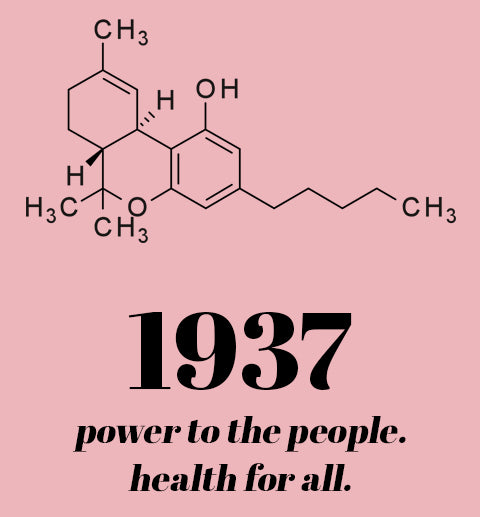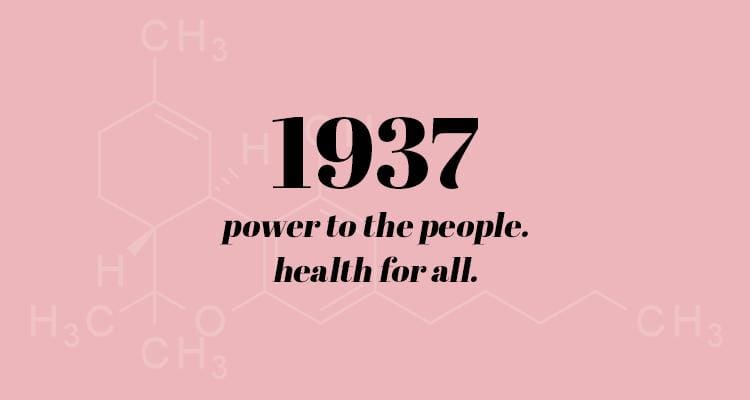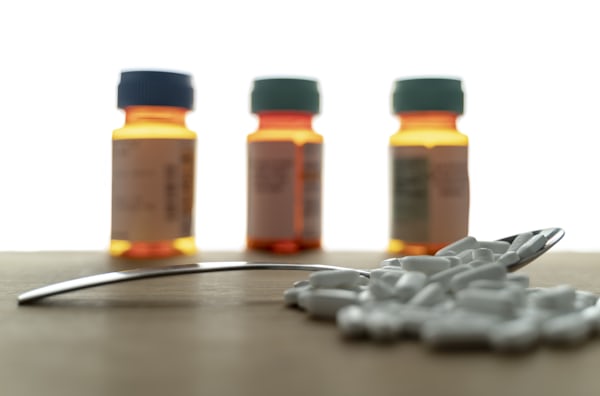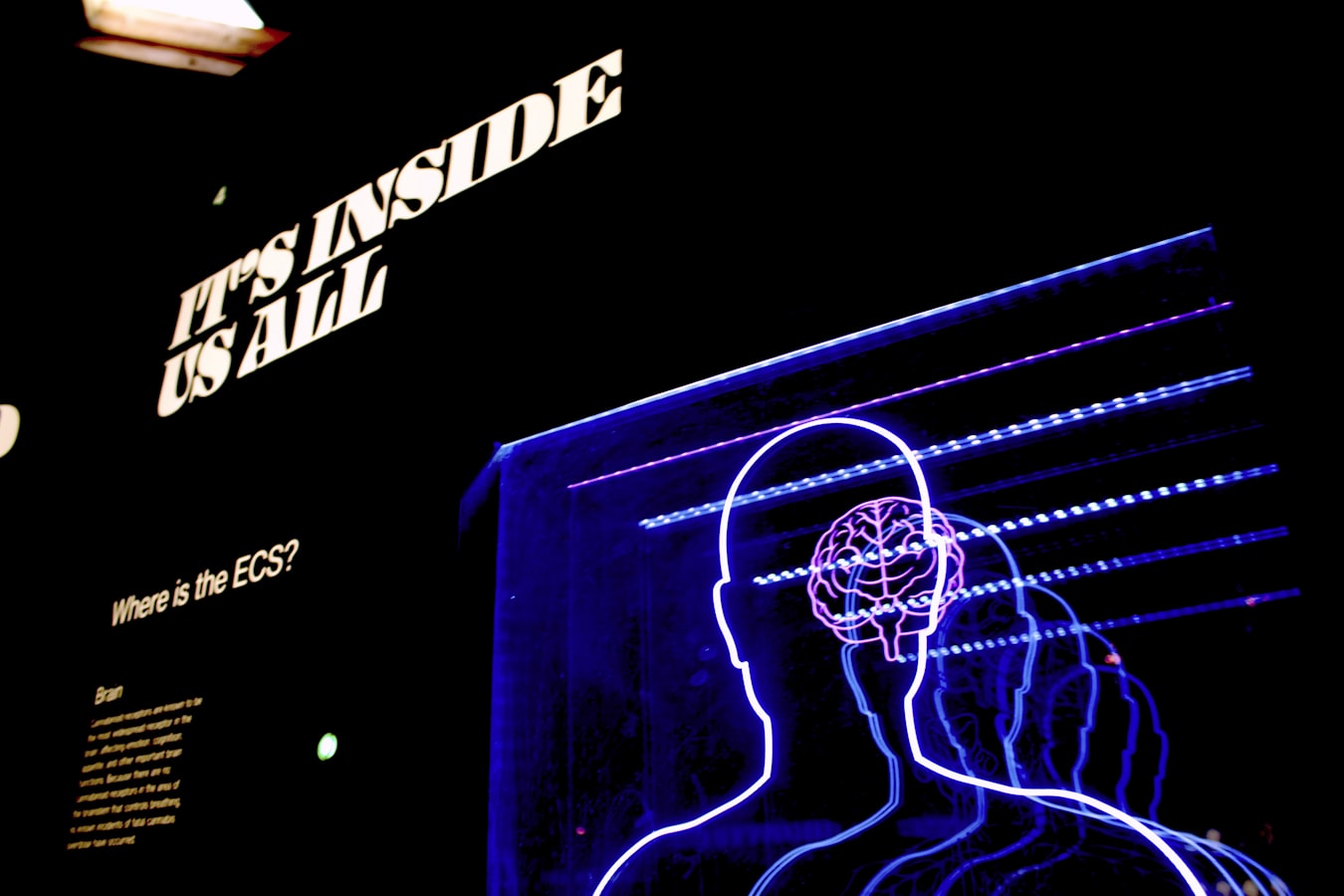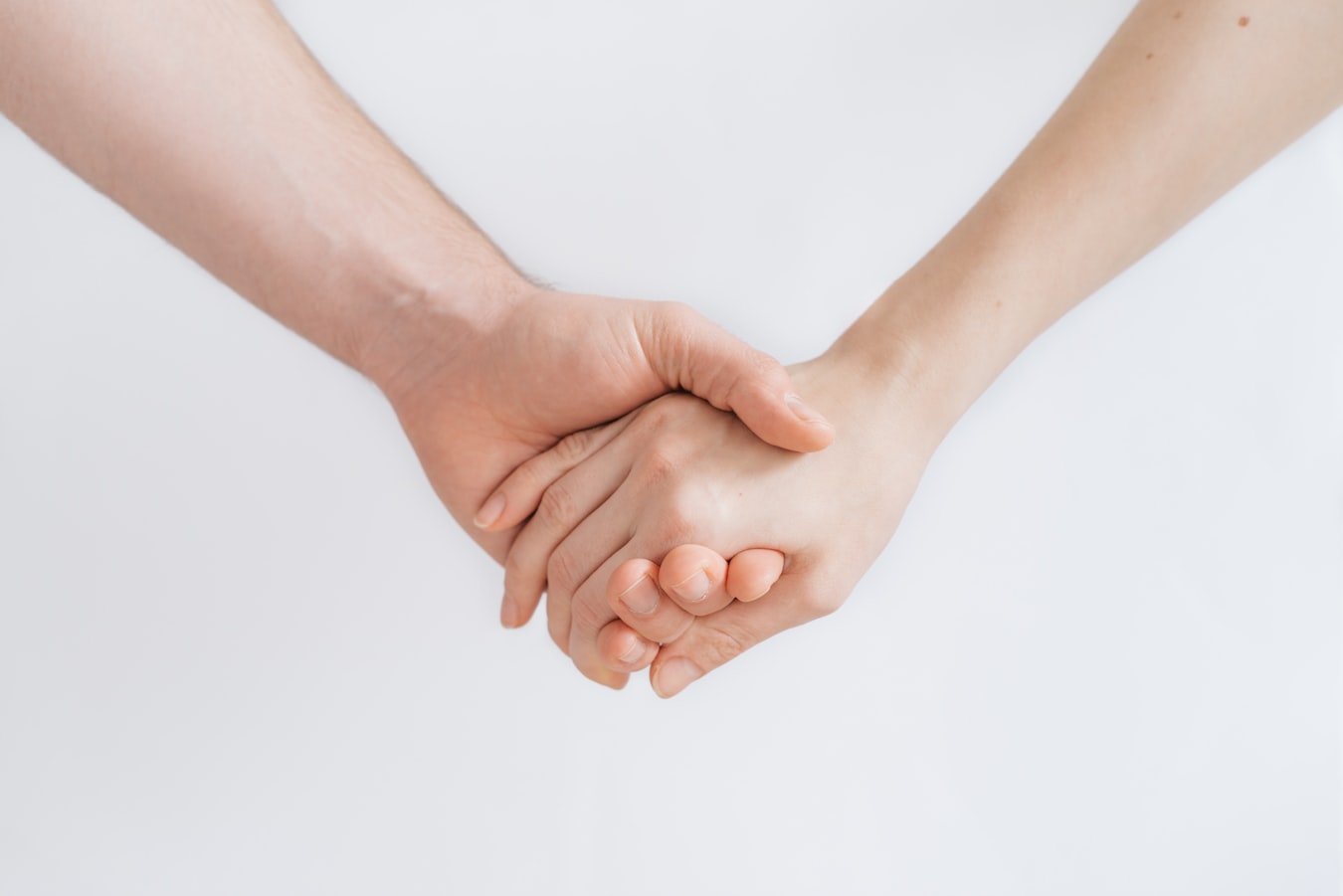Top 10 Things You Need to Know About CBD & Opioids

CBD and Opioids are both used to manage pain, but there are several important differences you need to know about. While both CBD (cannabidiol) and prescription opioid medications can help people manage pain, they are very different in several ways. Below, we present the top ten things you need to know about CBD and Opioids.
1. Both CBD and Opioids are used for pain management
CBD can help people in a LOT of ways, but one of the most popular uses is for pain management. Some report using it to help with minor muscle strains, headaches, painful inflammation, and others are using it to help manage more severe chronic pain.
Because it’s non-psychoactive, it doesn’t get anyone high. Plus, its side effects are rare and minimal. This makes CBD one of the safest options for pain management. Opioids are also used to treat pain but are carefully monitored because of their associated risks.
Doctors can prescribe opioids for moderate to severe pain, and for several years they were prescribed a LOT. In the late 90s, doctors were assured by pharmaceutical companies that opioids were safe and not addictive (although we now know that’s not true). This led to many doctors prescribing opioids, and lots of them.
The CDC conducted a survey to determine how prevalent these prescriptions were. They found that “After a steady increase in the overall national opioid prescribing rate starting in 2006, the total number of prescriptions dispensed peaked in 2012 at more than 255 million and a prescribing rate of 81.3 prescriptions per 100 persons.”
However, in 2016 the CDC released new guidelines for prescribing opioids for chronic pain. These guidelines were meant to offer a framework of recommendations that primary care doctors can use when prescribing these medications outside of cancer treatments, palliative care, and end-of-life care. While this did curb the number of prescriptions, it left those who’d already become dependent without safe options.
2. CBD and Opioids Effect Our Bodies Differently
CBD interacts with your naturally occurring endocannabinoid system (ECS). This system helps regulate different functions throughout your body from your hormones, neurotransmitters, sleep/wake cycle, and more.
When you take CBD it binds to specific receptors in your ECS and reduces pain, inflammation, and hyperalgesia. Because CBD so closely mimics the natural endocannabinoids that our bodies produce, this process is subtle and mild. CBD doesn’t FEEL like anything, it’s more about just not feeling pain anymore.
Opioids work differently. When you take an opioid, it attaches to one or more of the natural opiate brain receptors. Once stimulated, the brain experiences a rush of euphoric dopamine. So opioids do reduce pain, but they also lower respiration and have a powerful sedative effect. Also, they can cause the digestive system to function more slowly, so many opioid users report constipation as a side effect.
3. CBD products may improve other areas of your life that make pain management harder
Pain is a tricky thing, and in some ways, we’re only just now starting to understand the many different mechanisms that influence our perceptions of pain. Things like lack of sleep and anxiety can both worsen pain and our perception of it.
Luckily, those are all things that CBD can naturally help you with. CBD helps people in several different ways, but in this case, one of the most powerful tools it has are its anxiolytic properties.
When you’re well-rested, you’re better at dealing with pain. Racing thoughts, panic attacks, and paranoia can ruin your day and any hope you had of managing pain. However, because CBD can help reduce anxiety, it also makes it easier to sleep. Getting more rest means your body is more capable of dealing with an enhanced pain response.
4. You don’t need a prescription for CBD, but you do for Opioids
With the passing of the Farm Bill in 2018, CBD became legal in all fifty states as long as it was manufactured from industrial hemp. These products are now widely available online and in-stores without a prescription as long as you’re 18 or older. The only issue now is just making sure you’re finding high-quality products.
Opioids, on the other hand, require a prescription from a healthcare provider. Narcotics are heavily monitored because of the many risks associated with their use. Your doctor should also recommend alternative pain management tools before resorting to opioids.
5. CBD isn’t habit-forming, but Opioids have a high risk of dependence
The reason that Opioids are so carefully monitored is because of their high risk of dependence. Opioid addiction can even happen even when someone is following their doctors’ instructions perfectly.
Technically, once someone has developed a tolerance for a particular dose, it means they’re already addicted and will need a higher dose to achieve the same level of relief. This causes many people to misuse their medications or to seek more powerful, and dangerous, narcotics. The CDC even says that in 2018, 10.3 million people misused their opioid prescriptions.
CBD, on the other hand, isn’t habit-forming. You won’t become addicted to CBD because it just helps your body do what it was already doing. Building a tolerance to CBD is virtually unheard of, which is why CBD is considered one of the safest, mildest forms of pain management.
6. Opioids are only meant for short-term use, but CBD can safely be part of your routine
Because CBD is so mild and non-addictive, you can safely integrate CBD into your everyday life. Many people regularly take CBD in the morning, evening, or throughout the day. Some people even use different types of products throughout the day for convenience. Honestly, it’s pretty awesome how many options there are!
Opioids are only meant to be used short-term though. The risk of dependence is too high to take these drugs long-term. The only situations where a doctor should be prescribing these drugs long-term would be end-of-life care or palliative care.
7. CBD balances neurotransmitters, but Opioids can permanently alter the brain
Like we said earlier, the ECS works to regulate and balance different parts of the body. That includes the brain and its neurotransmitters. Neurotransmitters are the chemical signals your brain uses to send messages from one neuron to another. These messages can influence things like mood, hunger, sleep, stress, fear, and even our ability to focus.
A good example of this is how CBD interacts with the neurotransmitter GABA (gamma-aminobutyric acid). GABA is an inhibitory neurotransmitter that helps to pump the breaks on excitatory neurotransmitters. When your brain doesn’t have enough GABA you may experience racing thoughts, anxiety, difficulty concentrating, or insomnia.
The ECS already has a backup system in place for this. When GABA gets too low, the ECS releases an endocannabinoid called 2-AG (2-arachidonoyl glycerol) which helps to boost GABA levels. Since CBD boosts the power of the ECS, it means that CBD can help balance that neurotransmitter.
How cool is that?!?
The effect that opioids can have on the brain is far less positive. These drugs can actually “rewire” our brains. Normally, pleasurable activities like laughing and eating release “happy” neurotransmitters like dopamine. This elevates our mood and/or decreases our perception of pain.
That’s pretty much what opioids do, but they flood the brain with much higher levels of dopamine then you would ever naturally experience. Over time your brain gets used to that rush of dopamine. That means you’ve developed a tolerance and are technically addicted. So, you’ll need more and more opiates to get that same rush of dopamine.
Long-term use of opioids can also cause permanent changes to the brain, specifically the prefrontal cortex and medial temporal lobe. The danger with these changes is that those areas are associated with long-term memory, decision-making, social behaviors, and thought processes. That’s why so many people who’ve become addicted to opiates report feeling like a completely different person afterward. That’s how powerful these drugs are.
8. There’s no evidence of CBD withdrawals, but Opioid withdrawals can be deadly
The only risk associated with stopping CBD is the return of whatever issue you were treating. Because the effects are so mild, many people say the mood-boosting effects stay with them for several days after stopping. Plus, any pain you were treating won’t return any worse than it originally was.
At this time there’s no known evidence of CBD withdrawal symptoms, and thus far all anecdotal evidence supports that.
The withdrawal period associated with opioid use, however, is severe and can sometimes last years. Even when someone is a known opioid addict, medical professionals don’t usually recommend stopping cold-turkey because the withdrawal symptoms can be life-threatening.
When you stop using opioids, it can take your brain and body a long time to adjust back to normal. But sometimes “normal” isn’t possible anymore. Common withdrawal symptoms can include anxiety, nausea, vomiting, muscle spasms, insomnia, sweating, diarrhea, tremors, blood pressure changes, sweating, and more.
Severe symptoms can include deadly seizures and suicidal tendencies. What’s worse is that the pain someone was originally treating can come back even worse. This is known as hyperalgesia or enhanced pain response. This causes many people to continue opioid use, or to seek even more addictive painkilling drugs like heroin.
9. CBD is often used to lessen anxiety and depression, but Opioids can sometimes worsen mental health issues
For many people, the main reason they use CBD is to combat anxiety and/or depression. Its ability to balance neurotransmitters makes it a subtle, yet powerful anxiolytic. Plus, because it’s so mild people can use CBD throughout the day without the intense sedative effect that many benzodiazepines have.
Opioids can worsen many mental health issues. On top of the fear and anxiety associated with knowing the physical pain will return, many opioid users report the following feelings when withdrawing:
- Mood swings
- Fatigue
- Anxiety
- Lack of focus
- Depression
- Hopelessness
- Thoughts of self-harm
- Low sex drive
- Low self-esteem
- Delusions
- Hallucinations
These symptoms can lessen over time, but the physical and emotional toll these issues bring is traumatic for both the opioid addict and their surrounding friends and family.
10. CBD can help manage opioid withdrawals
It should be pretty clear by now that opioids are very powerful and abusing them risks serious complications; the consequences can be deadly. Luckily, CBD may be able to provide some relief.
Several studies have illustrated the effectiveness of CBD as a tool to help during withdrawal periods, providing relief by helping lessen anxiety and opioid cravings. There aren’t any interactions between opioids and CBD, so this makes it a safe potential treatment.
To learn more about the Opioid Epidemic and the role that CBD could play in it, click here.
Final Thoughts
Talking about addiction can be a touchy subject for a lot of us. Addiction can change people, and sometimes that’s hard to reconcile. But many of the people impacted by the Opioid Epidemic were just following their doctors’ instructions.
What matters now is that we’re actively working towards solutions. Finding safe and effective tools to help people wean off opioid use is essential to helping people recover.
While both CBD and Opioids can be used to manage pain, the consequences of opioids are devastating. We believe that CBD can provide a much-needed tool to help those suffering from opioid addiction.
Don’t forget to give us a shout-out on Instagram and let us know in the comments if you’ve experienced someone using CBD to overcome an addiction. Sharing our stories and listening to others is just one way we can work together to fight addiction and spread compassion

Hannah Walker is a mostly-retired University English instructor who spends her time freelance copywriting. When not doing that, she’s writing articles related to CBD, skincare, and/or media. With an MA in English-Creative Writing she’s probably working on a creative piece at this very moment. See more about Hannah’s work on her website or on Instagram.
